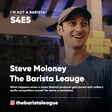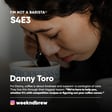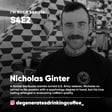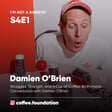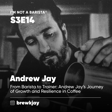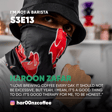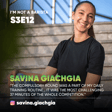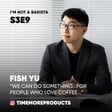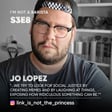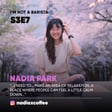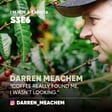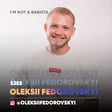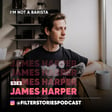
From Medical Engineering to Greek Barista Champion: Nikos's Journey of Passion and Purpose
In this episode of the I'M NOT A BARISTA podcast, we sit down with Nikos Antzaras, a two-time Greek Barista Champion whose love for coffee transformed his life and career. Starting as a medical engineering student working as a barista to cover expenses, Nikos found his true calling in the world of coffee—a decision that led to both family tensions and remarkable personal growth.
"I really fell in love with coffee," Nikos recalls. Despite his parents' concerns—"What are you doing? Are you crazy? You studied... what coffee things are these?"—he pursued his passion relentlessly.
Nikos shares valuable insights from his extensive experience in coffee competitions, emphasizing that "you never lose; you always win something." His journey took a profound turn during a trip to Colombia, where he helped save a coffee farmer's livelihood by challenging an incorrect defect evaluation.
At his own establishment, Roast Warehouse in Athens, Nikos continues to inspire both customers and employees. "I always tell my employees, 'It doesn't matter where you work. If you love this job, you have to always give your 100 percent.'" With an open roastery concept, he invites everyone to witness the art and science behind every cup.
Join us as we explore Nikos's inspiring story—a testament to passion, perseverance, and the impact one individual can have on an entire community. Whether you're a coffee professional or an enthusiast, this episode offers valuable lessons and motivation for your own journey in the world of coffee.
